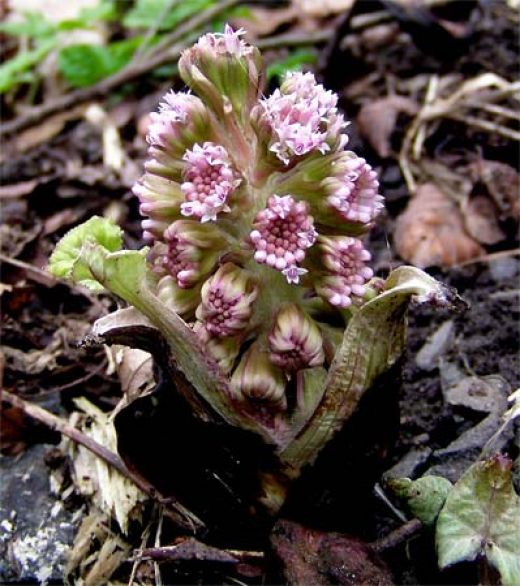|
Plant Allergy
 Usually self-care at
home is all that is needed for a reaction to these plants. Usually self-care at
home is all that is needed for a reaction to these plants.
Self-Care
If you are exposed to any of these plants
or their oils, wash thoroughly with soap and water as soon as possible. An
alternative is rubbing alcohol, which
can dissolve and remove the oils from your
skin. If you can remove the oil within 10 minutes, you are unlikely to develop
the rash.
Symptoms from a mild rash can sometimes be
relieved by the following:
- Cool compresses with
water or milk
- Calamine - A
nonprescription lotion
- Aveeno oatmeal bath -
A product you put in the bath to relieve itching
- Oral antihistamines
such as diphenhydramine (Benadryl) - Caution: these medications may make you
too drowsy to drive a car or operate machinery safely. Nonsedating
antihistamines are now available over the counter and include loratadine
(Claritin).
Nonprescription corticosteroid (eg,
hydrocortisone) creams usually do not help. Do not attempt to treat severe
reactions or to "wait it out" at home.
If the reaction seems to be more severe
than usual, seek medical care through your doctor and follow the doctor’s
instructions. Typically, these rashes do not cause emergencies but if the
reaction appears to be serious, go immediately to the nearest emergency
department or call an ambulance. Here are some things to do while waiting for
the ambulance:
- Try to stay calm.
- Prevent further
exposure to the "poisonous" plant.
- Take an antihistamine
(1-2 tablets or capsules of diphenhydramine [Benadryl]) if you can swallow
without difficulty.
- If you are wheezing
or having difficulty breathing, use an inhaled bronchodilator such as
albuterol (Proventil) or epinephrine (Primatene Mist) if one is available.
These inhaled medications dilate the airway.
- If you are feeling
lightheaded or faint, lie down and raise your legs higher than your head to
help blood flow to your brain.
- If you have been
given an epinephrine kit for a previous allergic reaction, inject yourself as
you have been instructed. The kit provides a premeasured dose of epinephrine,
a prescription drug that rapidly reverses the most serious symptoms (see
Follow-up).
- Bystanders should
administer CPR to a person who becomes unconscious and stops breathing or does
not have a pulse.
- If at all possible,
you or your companion should be prepared to tell medical personnel what
medications you take and your allergy history.
Medical Treatment
Like most allergic reactions, treatment is
dictated by the severity of the reaction. Reactions that cover a large
proportion of your body, make you uncomfortable enough to disrupt your normal
activities, or do not get better within a few days may require treatment with
prescription medications.
-
First Aid Case List -
back to top - |
 Usually self-care at
home is all that is needed for a reaction to these plants.
Usually self-care at
home is all that is needed for a reaction to these plants.